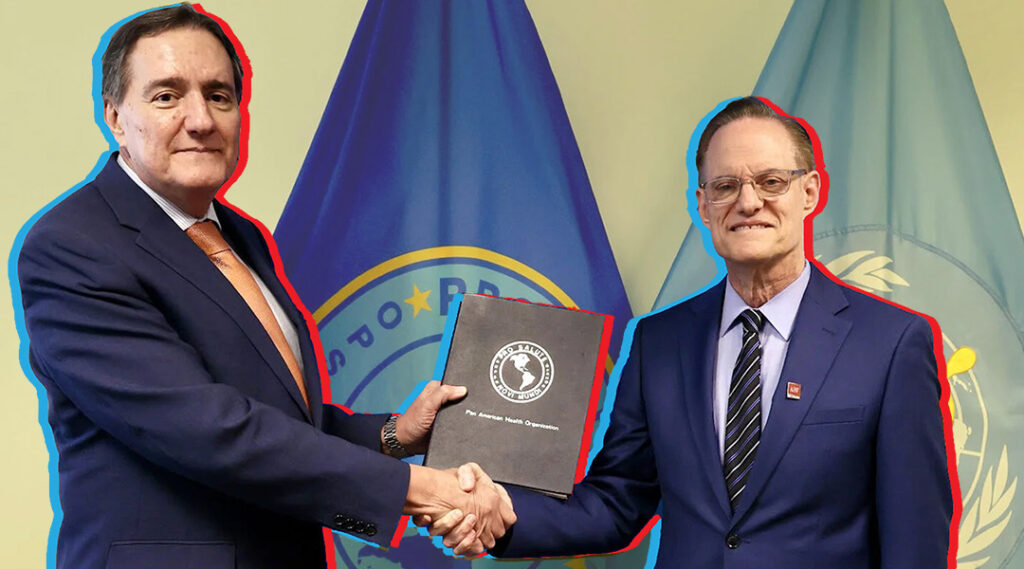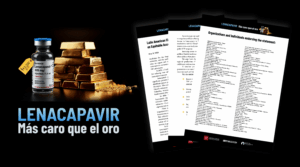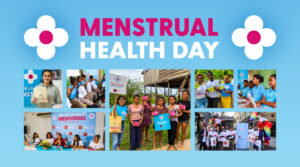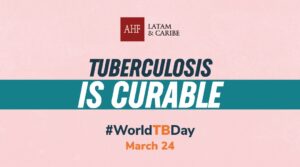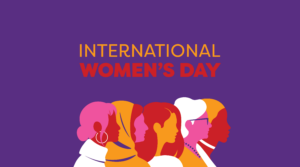La Organización Panamericana de la Salud (OPS) y AIDS Healthcare Foundation (AHF) firmaron un acuerdo de colaboración con el objetivo de eliminar una serie de infecciones de transmisión sexual (ITS), entre ellas el VIH, la mpox y la sífilis, además de otras enfermedades como la tuberculosis y las hepatitis virales.
El pasado 1 de mayo, este convenio fue firmado por el director de la OPS, Jarbas Barbosa, y el presidente de AHF, Michael Weinstein. Barbosa, quien es médico experto en salud pública y comenzó su gestión en la OPS este 2023, declaró que “este acuerdo va a reforzar la colaboración de nuestras organizaciones” en todo el continente americano.
Acciones conjuntas
El acuerdo de colaboración busca impulsar y fortalecer acciones de abogacía, es decir, la defensa activa para que las recomendaciones de la OPS sean implementadas con el fin de mejorar los programas de prevención, la calidad de la atención y los resultados del tratamiento de las infecciones, informó la división regional de la Organización Mundial de la Salud (OMS), mediante un comunicado de prensa.
Se busca lograr este objetivo a través de la expansión y el involucramiento directo de las comunidades de la diversidad sexual (LGBT+) en la implementación de innovaciones en salud, tales como las pruebas de detección autoaplicadas y la profilaxis pre exposición al VIH (conocida como PrEP, por sus siglas en inglés), la cual consiste en un tratamiento antirretroviral que previene que una persona contraiga el VIH.
El papel de la OPS es brindar cooperación técnica a los países de las Américas para contribuir a la eliminación de enfermedades transmisibles como el VIH, la tuberculosis, las hepatitis causadas por virus y las ITS.
Esto sigue la línea de la iniciativa creada por la OPS para poner fin a 30 enfermedades y problemas de salud relacionados para 2030, que incluye el VIH y las otras infecciones contempladas en el acuerdo con AHF.
AHF es una organización global sin fines de lucro que brinda medicina y defensoría a más de 1.7 millones de personas en más de 45 países del mundo, entre ellos, 11 de la región de América Latina y el Caribe. Fue fundada en 1987 y es hoy en día el mayor proveedor de atención médica en respuesta al VIH y el sida a nivel internacional.
Los retos de la ITS, la hepatitis y la tuberculosis
Se calcula que alrededor de 2.5 millones de personas viven con VIH en América Latina y el Caribe. Tan solo en 2021, cerca de 120 mil personas adquirieron el virus y otras 35 mil fallecieron por causas relacionadas con el sida, la etapa más grave de la infección.
Por otro lado, unas 850 personas contraen tuberculosis cada día en la región, mientras que alrededor de 90 fallecen por esta causa. La tuberculosis, de hecho, es una infección que hace sospechar que una persona podría estar infectada con VIH, debido a que la debilidad del sistema inmunológico producida por el virus la hace más propensa a desarrollar la enfermedad.
La OMS estima que alrededor de 5.4 millones de personas viven con hepatitis B y 4.8 millones con hepatitis C crónica en toda la región. Los datos más recientes indican que cada año se producen cerca de 10 mil nuevas infecciones por hepatitis B crónica y 23 mil muertes en el continente americano. Respecto a la hepatitis C, hay unas 67 mil nuevas infecciones y 84 mil muertes cada año en las Américas.
En cuanto a la situación de la mpox (antes conocida como viruela símica), hasta el 31 de marzo había en el continente americano más de 59 mil 200 casos, es decir, el 68% del total mundial, y 104 personas habían muerto por esta causa (78% del total en el mundo). El país más afectado por este brote epidémico es Estados Unidos, con poco más de la mitad de los casos y el 46.8% de las muertes.
Recuerda que en AHF América Latina y el Caribe tenemos un compromiso para llevar los servicios de salud sexual a todas las personas. Si quieres hacerte una prueba de VIH gratis o necesitas condones sin costo, acércate a nuestros centros, estamos en 11 países de la región.
